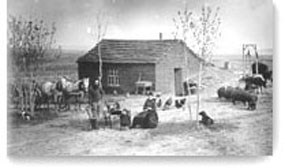

The Homestead Act of 1862 has been called one of the most important pieces of Legislation in the history of the United States. The act was signed into law by Abraham Lincoln after the southern states seceded.
The Homestead Act of 1862 was a revolutionary concept for distributing public land in American history. This law turned over vast amounts of the public domain to private citizens. 270 millions acres, or 10% of the area of the United States was claimed and settled under this act. Repercussions of this monumental piece of legislation can be detected throughout America today.
The prime land across the country was homesteaded quickly. Successful Homestead claims dropped sharply after the 1930s. The Homestead Act remained in effect until 1976, with provisions for homesteading in Alaska until 1986.
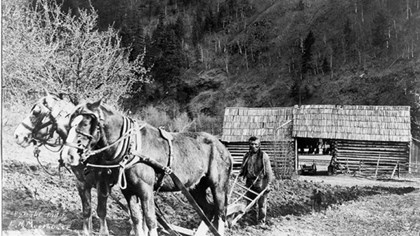
To settlers, immigrants, and homesteaders, the West was empty land. To American Indians, it was home.
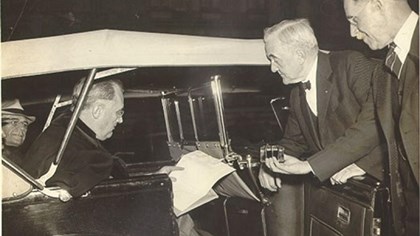
Learn the history about how Homestead National Historical Park came to be.
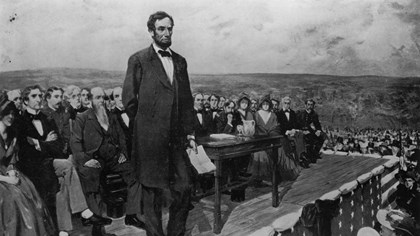
Perspectives of U.S. Presidents about the Homestead Act
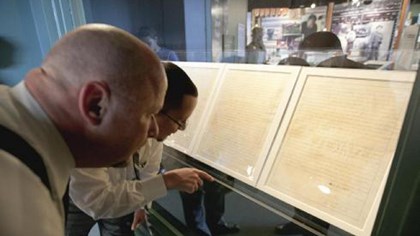
Read the wording of the Homestead Act of 1862
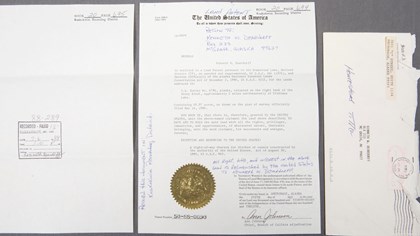
Every homesteading claim generated a patent sent and a written record known as a case file. Learn how to find these records.
A homesteader had to be the head of a household or at least 21 years of age to claim a 160 acre parcel of land. Settlers from all walks of life worked to meet the challenge of "proving up". They included immigrants, farmers without land of their own, single women, and formerly enslaved people.
A filing fee was the only money required, but sacrifice and hard work exacted a different price from the hopeful settlers. Each homesteader had to live on the land, build a home, make improvements and farm to get the land. The patent they received represented the culmination of hard work and determination. Nearly four million homesteaders settled land across 30 states over 123 years.
The Homestead Act of 1862 allowed anyone over 21 years of age or the head of a household to apply for free federal land with two simple stipulations: